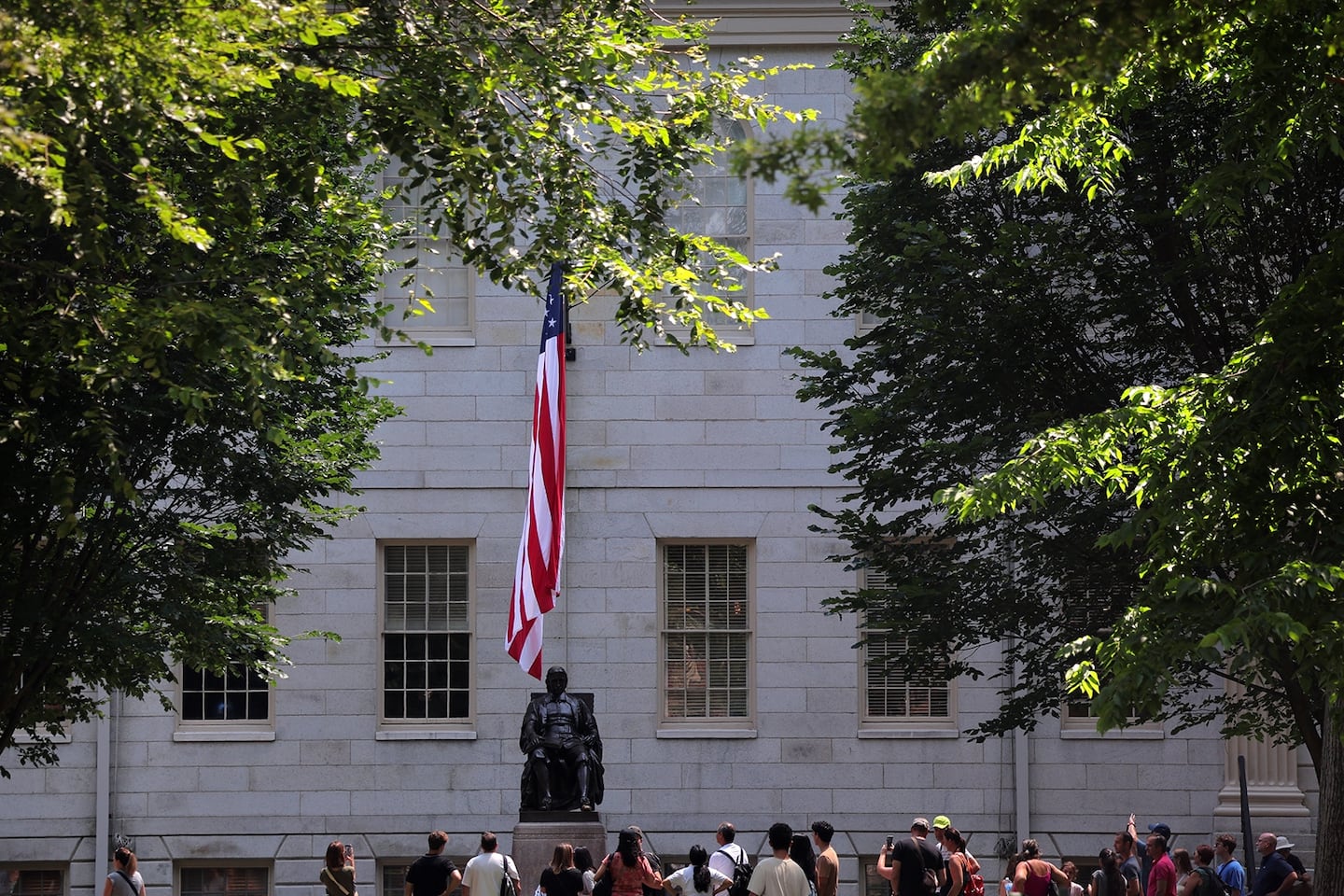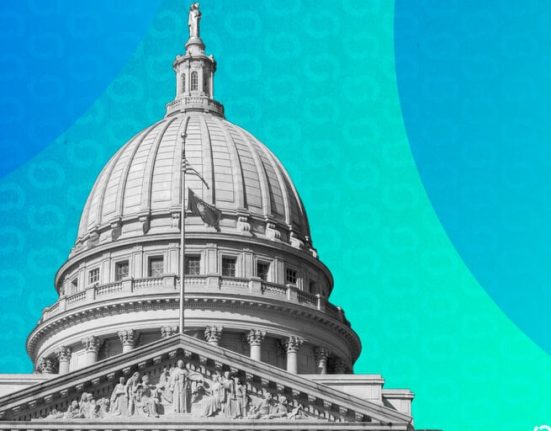“However, this privilege carries with it a critical responsibility for Harvard to ensure that intellectual property derived from federal funding aligns with the Bayh-Dole Act, its associated regulations, and our contractual agreements, thereby maximizing the benefits to the American public.”
Harvard quickly responded late Friday, calling the investigation by the Commerce Department “yet another retaliatory effort targeting Harvard for defending its rights and freedom.”
Lutnick said his agency’s investigation focuses on what he asserted were failures by the university to follow regulations outlined in federal law, including disclosing federally funded research inventions in a certain time frame and ensuring inventions are manufactured substantially in the United States.
If the investigation reveals wrongdoing, the government could grant third-party licenses to Harvard’s patents or take control of them itself, a measure that has not been taken by a federal agency since the Bayh-Dole Act’s passage.
The letter requires Harvard hand over a list of all its patents derived from federally funded research grants by Sept. 5. It also asks the university to prove its compliance with federal regulations.
In response to a message seeking comment on the letter, a Harvard spokesperson called the Commerce Department’s inquiry an “unprecedented action.”
“Technologies and patents developed at Harvard are life-saving and industry-redefining,” the spokesperson said in a statement. “We are fully committed to complying with the Bayh-Dole Act and ensuring that the public is able to access and benefit from the many innovations that arise out of federally funded research at Harvard.”
Acknowledging the benefit of federally funded research, the letter says the government believes Harvard failed to satisfy its duties to the public. Lutnick did not provide specific evidence that Harvard violated the law in the letter.
The letter Friday marked the latest salvo by the Trump administration in its crackdown on higher education and specifically Harvard, which is fighting the federal government in court over canceled federal funding and attacks on its ability to host international students, among other actions taken by the administration.
Earlier this week, a Trump administration official told the Globe that talks between Harvard and the administration were intensifying over a possible settlement to resolve the numerous investigations and punitive measures against the university.
Other schools, including nearby Brown University, have settled their own disputes with the administration in recent weeks. Trump’s team has alleged problems on campuses include widespread antisemitism, diversity practices they say are discriminatory, and national security concerns over international students, staff, and faculty.
Many of the administration’s attacks on Harvard, such as threats to its accreditation, came after Harvard rejected a series of sweeping demands from the Trump administration in April.
Lawyers for the university have argued that the administration’s actions are forms of unlawful retaliation because the administration disagrees with how Harvard’s leaders run the university.
Judge Allison D. Burroughs, who is overseeing both cases Harvard has brought against the government in federal court, issued preliminary injunctions in the international students case, allowing Harvard to keep enrolling foreign students at least until the case is decided. The Trump administration has appealed the order.
In the federal funding case, Burroughs called the Trump administration’s argument for canceling government grants to Harvard “mind-boggling.” She questioned how the government could make “ad hoc decisions” when “there’s no documentation, no procedure” for canceling federal funding because it believes Harvard failed to combat antisemitism related to campus protests against the war in Gaza, and acknowledged a series of reforms the university has made.
Government-funded research has led to a number of notable discoveries and inventions at Harvard and other New England universities, including the creation of the external defibrillator as well as weight loss drugs that have gained major popularity in recent years.
Between 1950 and 1960, Dr. Paul Zoll, a cardiologist at Beth Israel Hospital and professor at Harvard Medical School, pioneered the development of the external pacemaker, external defibrillator, alarmed heart monitor, and implantable pacemaker. All of Zoll’s papers were funded in part by government grants, according to Dr. Stafford Cohen, a retired cardiologist and corresponding member of the faculty of medicine at the Beth Israel Deaconess Medical Center.
The roots of the well-known brand-name weight loss drugs Ozempic and Wegovy, also known as GLP-1 drugs, trace back to the 1980s at Harvard Medical School, when Joel Habener and Svetlana Mojsov, both at Massachusetts General Hospital at the time, were among the first to identify and characterize the GLP-1 hormone. In the following years, they published several studies showing that the hormone could increase insulin levels, paving the way for novel treatments of diabetes.
Material from previous Globe reporting was used in this story.
Emily Spatz can be reached at emily.spatz@globe.com. Follow her on X @emilymspatz. Nick Stoico can be reached at nick.stoico@globe.com.







